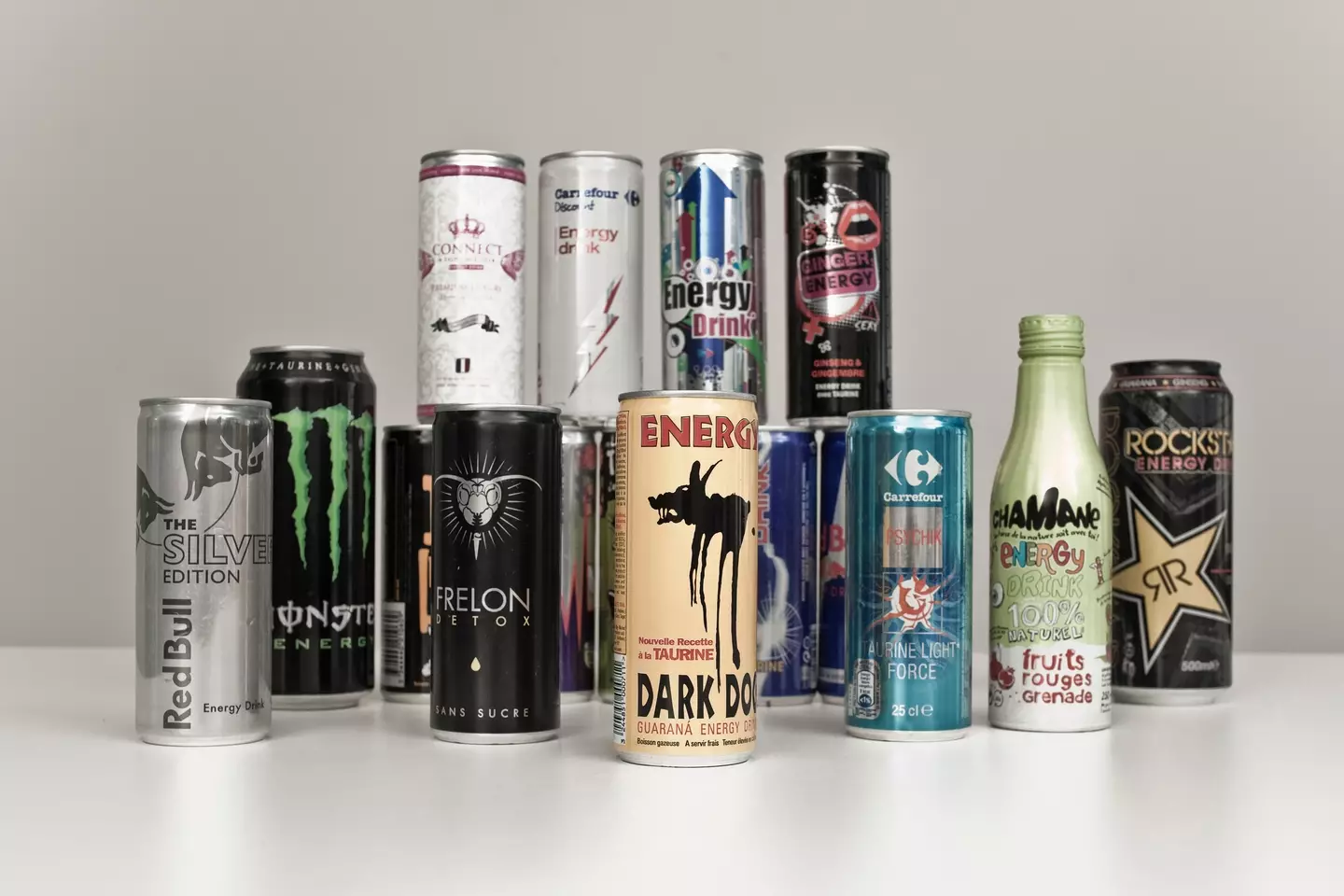
Experts have issued a warning over caffeine intake after a 16-year-old boy tragically died from an overdose.
Caffeine is considered to be the world’s most commonly used psychoactive drug. It’s a stimulant that essentially blocks or impedes the molecules that tell our body we’re tired.
Adenosine, a molecule that promotes sleep and relaxation, is the molecule that caffeine blocks. In other words, it doesn’t give us more energy so much as it tricks us into thinking and feeling that we aren’t tired.

Advert
Of course, it does also liven up the central nervous system, aiding with concentration and energy release. You may gets tremors when you consume it, and your heart rate and respiration rate will go up too.
Because it’s so good at blocking adenosine, it’s awful for sleep. Caffeine has a half-life of up to five hours, meaning it’s a good idea to stop consuming it around 10 hours before bed to ensure it isn’t impeding the natural sleep signals in the brain.
Anyway, the upshot is that it’s a very effective stimulant, and many people rely on it to get their day going or to perk them up as the day wears on.
However, despite being so commonly consumed, many of us are unaware of the safe limits and even its potential lethality.
Allen Cripe died in 2017 from a caffeine overdose in South Carolina, having had caffeine-based soft drinks, an energy drink and coffee in quick succession.
Gary Watts, the coroner who investigated Cripe’s death, told a press conference: "On this particular day within the two hours prior to his death, we know had consumed a large diet Mountain Dew, a café latte from McDonalds and also some type of energy drink.
"It was so much caffeine at the time of his death that it caused his arrhythmia."
Speculation held that Cripe had an undiagnosed heart problem that had been triggered or exacerbated by the high caffeine dosage, but the coroner said this wasn’t the case.
"The autopsy was performed and there was nothing there to indicate any type of...undiagnosed heart condition," said Watts.
Watts then warned against energy drink consumption more generally: "These drinks can be very dangerous. I'm telling my friends and family don't drink them."
So, how much caffeine had Cripes consumed, and what is the safe limit?
The Mayo Clinic recommends a limit of 400mg per day for healthy adults, while adolescents should consume no more than 100mg and pregnant women should cut theirs to 200mg or less.
Going beyond these limits can trigger side effects including: dizziness, diarrhoea, thirst, insomnia, headaches, fevers, and irritability.
In more serious cases requiring medical aid, affected people may struggle to breathe, vomit, hallucinate, feel confused, have chest pains, experience an irregular or accelerated heart rate, twitch uncontrollably, and even experience convulsions and seizures.
.jpg)
Watt continued: "I realize this is a controversial scenario. There are are obviously people that don’t think this can happen -- that you can have this arrhythmia caused by caffeine.
"The purpose here today is not to slam Mountain Dew, not to slam cafe lattes, or energy drinks. But what we want to do is to make people understand that these drinks — this amount of caffeine, how it's ingested, can have dire consequences. And that's what happened in this case.”
